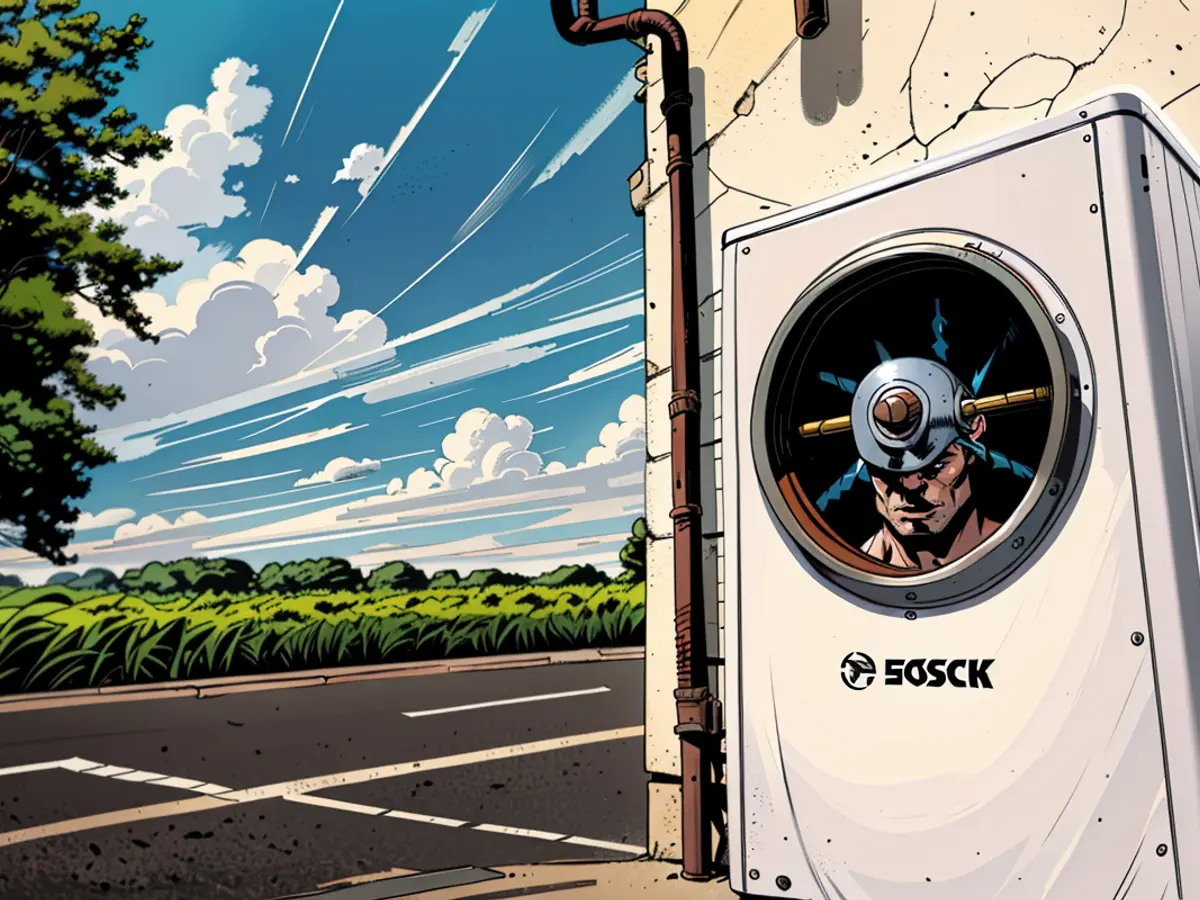Uncertainty surrounds the funding of climate and transformation initiatives, despite proposed reductions.
The key aspect in the KTF proposal revolves around the building sector, specifically state funding for swapping out old heating systems. For the "Federal Funding for Energy Efficient Buildings" (BEG) program, which assists in installing heat pumps, a staggering 14.35 billion euros are allocated. Additional 979 million euros are set aside for overhauling heat networks, and approximately 370 million euros for supporting energy consultations.
The second most significant area is microelectronics, offering 4.93 billion euros to settle chip manufacturers TSMC and Intel in Dresden and Magdeburg.
Approximately 3.3 billion euros are dedicated to assisting energy-intensive companies. Notably, substantial funds are allocated for the development of the hydrogen economy, including 1.17 billion euros for industrial hydrogen use, 490 million euros for implementing the National Hydrogen Strategy, and 528 million euros for German-French hydrogen projects.
Promotion of climate-neutral mobility continues, even without electric vehicle purchase incentives. This includes 1.58 billion euros for charging infrastructure and a whopping 114 billion for climate-neutral aviation.
The KTF is primarily funded by CO2 pricing revenues, with the draft economic plan estimating this to be around 22 billion. Moreover, an unspecified "global additional income" of three billion euros is projected, along with reserves of around 300 million euros. In total, the KTF proposal comes to 25.5 billion euros - still nine billion short.
Kerstin Andreae of the Federal Association of Energy and Water Industry (BDEW) expressed concerns, stating, "Only two-thirds of the planned budget can be considered reliable." This uncertainty around whether funding programs can be claimed in their full amount creates unnecessary apprehension.
VDMA, the Association of German Machine and Plant Engineering, expresses apprehension regarding the hydrogen ramp-up, with CEO Thilo Brodtmann stating, "It stands on shaky ground."
Andreas Jung, the deputy chairman of the CDU, shared his concerns with Funke media group newspapers, stating, "The uncertainty in climate protection continues with the traffic light coalition. The additional money in the KTF is only sufficient if there's a decrease in heating system replacement next year."
The KTF proposal also includes financing for the sector of financing, with 22 billion euros estimated from CO2 pricing revenues. Additionally, the lack of certainty around fully claiming funding programs can lead to concerns, as mentioned by Kerstin Andreae.







